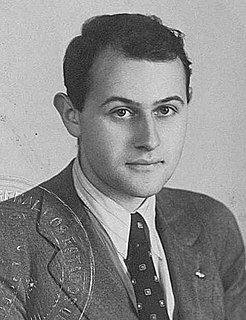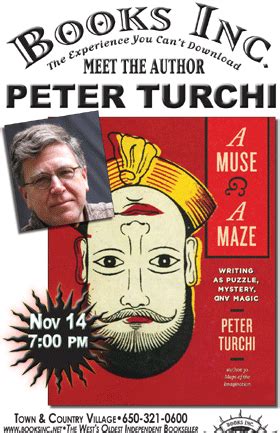A Quote by Julian Barnes
When you are writing fiction your task is to reflect the fullest complications of the world
Quote Topics
Related Quotes
A couple of pieces of advice for the kids who are serious about writing are: first of all, to read everything you can get your hands on so you can become familiar with different forms of writing: fiction, non-fiction, poetry, journalism. That's very important. And also keep a journal. Not so much, because it's good writing practice. Although it is, but more because it's a wonderful source of story starters.
Good writing is good writing. In many ways, it’s the audience and their expectations that define a genre. A reader of literary fiction expects the writing to illuminate the human condition, some aspect of our world and our role in it. A reader of genre fiction likes that, too, as long as it doesn’t get in the way of the story.
The task of a philosophy of photography is to reflect upon [the] possibility of freedom - and thus its significance - in a world dominated by apparatuses; to reflect upon the way in which, despite everything, it is possible for human beings to give significance to their lives in the face of the chance necessity of death. Such a philosophy is necessary because it is the only form of revolution left open to us.
If you want to know who you are, look into the true mirror. The flower will reflect your beauty. The sky will reflect your vastness. The ocean will reflect your depth. The child will reflect your innocence. But if you look into the mirror that is unconscious humanity, you are looking into the wrong mirror. Your reflection will be distorted by their projections.
What I felt was, if you spend your life just writing fiction, you are going to falsify your material. And the fictional form was going to force you to do things with the material, to dramatize it in a certain way. I thought nonfiction gave one a chance to explore the world, the other world, the world that one didn't know fully.
Writing fiction is very different to writing non-fiction. I love writing novels, but on history books, like my biographies of Stalin or Catherine the Great or Jerusalem, I spend endless hours doing vast amounts of research. But it ends up being based on the same principle as all writing about people: and that is curiosity!
The key of writing fiction isn't just to remove something that the reader or listener can easily imagine. It's not a matter of being coy, or withholding information. It's allowing for multiple possibilities, recognizing the complexity of human behavior, and making the world of a piece of fiction as marvelously confounding as the world we live in.
Gandhi said 'One cannot do right in one area of life whilst he is occupied in doing wrong in another; Life is one indivisible whole.' This point of wisdom is profound. A commitment to excellence is not just reserved for a few select areas of your life - it must be reflected in everything you do. Your diet must reflect your commitment to excellence. Your physique must reflect your commitment to excellence. Your personal habits must reflect your commitment to excellence and your thoughts must reflect a commitment to excellence.






































